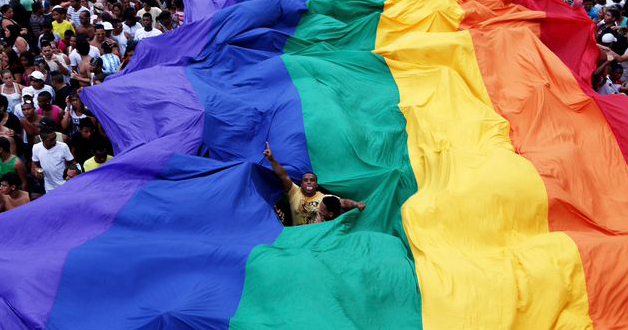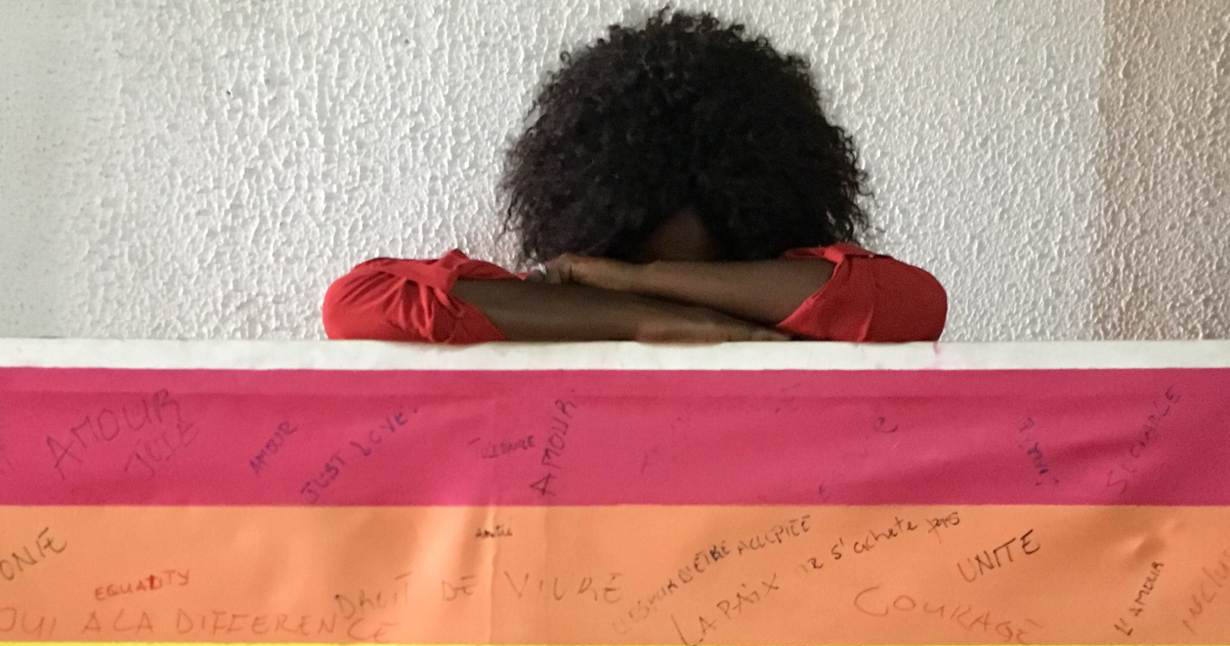A report from the Thomson Reuters Foundation has detailed the extent to which queer women and girls in Cameroon face violence and ‘corrective rape’, often orchestrated by their own family members.
Cameroon is one of the 33 African countries where same-sex relations are criminalised. LGBT+ people can face up to a five-year prison sentence. Humanity First Cameroon, an LGBT+ organisation, found that one in five lesbians and one in ten gay men had been raped in Cameroon in the past year alone.
Same-sex attraction is viewed by some communities as a form of witchcraft. Sexual violence is often used as a means to ‘cure’ a woman of her sexuality. While both rape and the practice of black magic are illegal in Cameroon, authorities are reluctant to persecute families who arrange for ‘corrective rape’ of their female family members.
The Thomson Reuters Foundation told the story of Viviane, a young girl from Yaounde, who left Cameroon to seek asylum in France. She spoke to the news agency about her experience as an LGBT+ child in her community:
“I didn’t see girls like everyone else – I thought it was a bad spirit that had invaded me. So I started praying to make it go away.”

When she was 18, her family found out she was a lesbian when they discovered text messages she had sent to her girlfriend. She was beaten and whipped before her family took her to the village’s witch doctor. There she was forced to drink chicken’s blood and the witch doctor forcefully inserted hot pepper into her anus. Finally, her family had arranged for her to be chained to a wall and raped by a man they forced her to marry.
Frederique, another Cameroonian woman also spoke to Reuters about her experience after she was gang-raped after leaving an LGBT+ workshop:
“They kept shouting that I deserved this punishment, that they were correcting me. If I had reported it, I would’ve not been seen as a victim, but rather as someone who deserved what had happened.”
Frederique chose to stay in Cameroon, and now leads workshops for girls to raise awareness for sexual health as well as LGBT+ issues. On why she chose not to flee the country she said:
“I didn’t want other girls to go through this, for them to be a victim like me. I wanted to denounce the perpetrators so that it stops.”
If you’ve been affected by this issue or would like some more information, contact the Dublin Rape Crisis Centre.
© 2018 GCN (Gay Community News). All rights reserved.
Support GCN
GCN is a free, vital resource for Ireland’s LGBTQ+ community since 1988.
GCN is a trading name of National LGBT Federation CLG, a registered charity - Charity Number: 20034580.
GCN relies on the generous support of the community and allies to sustain the crucial work that we do. Producing GCN is costly, and, in an industry which has been hugely impacted by rising costs, we need your support to help sustain and grow this vital resource.
Supporting GCN for as little as €1.99 per month will help us continue our work as Ireland’s free, independent LGBTQ+ media.
